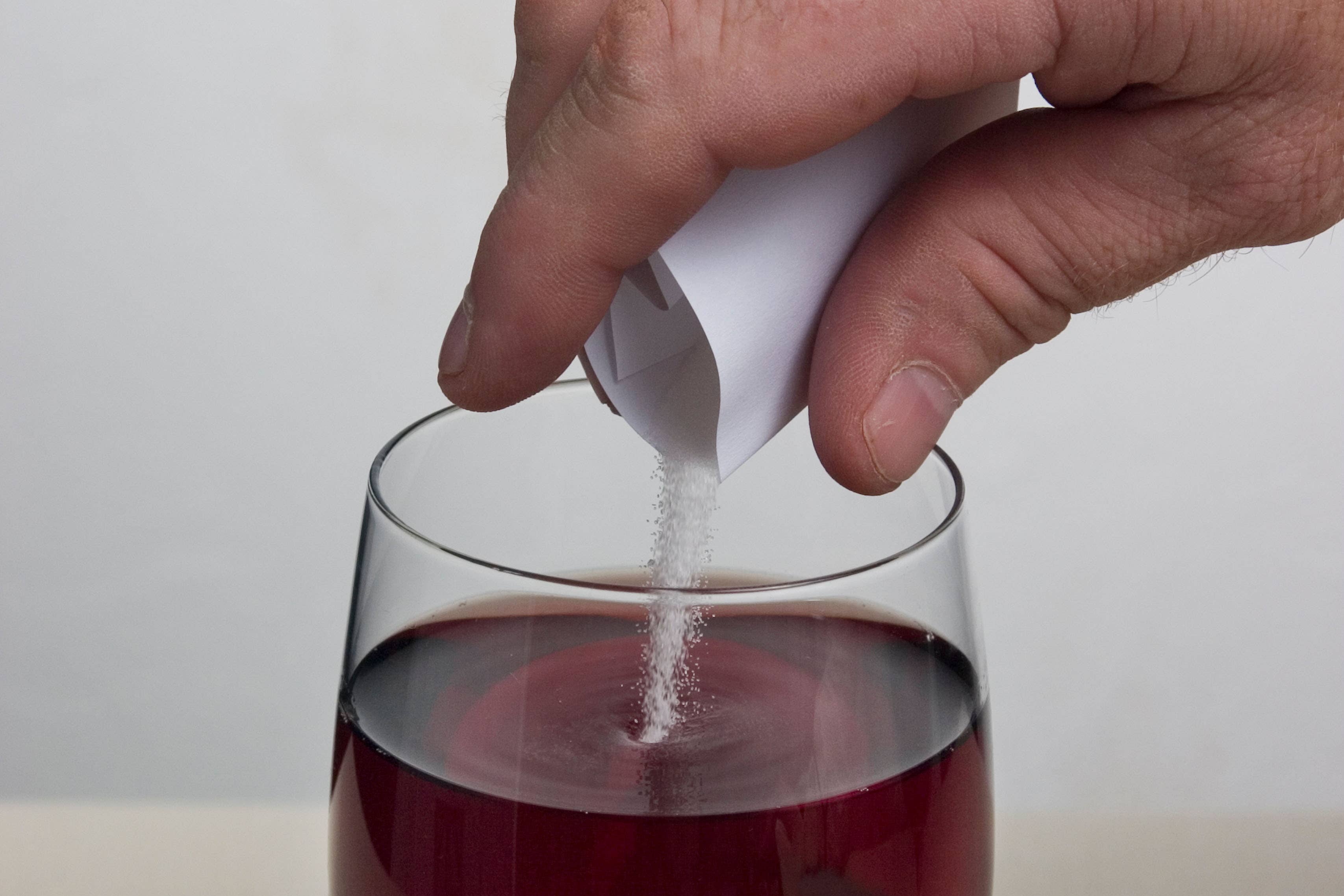
A teenager who ‘lost control of her limbs’ after her drink was spiked on a night out has issued a stark warning to people celebrating New Year’s Eve.
Aimee Glass, an 18-year-old student from Suffolk, told The Independent she was spiked during freshers week in September. She started feeling unwell after having two drinks at the pub and another two drinks at a club.
“I had a wave of heat and sickness,” she said. “It was unlike anything I had experienced before. It was like no illness I had felt being drunk or sober.
“I was really scared because I was so unsure of what was happening. I couldn’t feel my limbs properly or speak properly. To my friends, I described the last moments of my vision as being like kaleidoscope vision and then my vision became very blurred.”
Ms Glass said she completely lost her vision within half an hour of feeling unwell - adding that she was unable to both walk or talk.
“At that point, I was unresponsive so an ambulance was called by the club manager,” she added. “The club manager thought I had been spiked from seeing my pupils. I was in the ambulance for six hours because there was no room for me to go into the hospital. I was in hospital for about two hours - the hospital said it was suspected spiking.”
Ms Glass said she did not speak for seven hours after being spiked as she recalled how her health kept worsening while in the ambulance.

“My friend in the ambulance said my eyes were rolling into the back of my head,” she continued. “I had no control over my body, I lost control of my bladder, I weed myself in the ambulance.
“I had pain around my eyes from where my eyes had been rolling back. I had no coordination for a good day or so afterwards, my speech took a few days to go back to normal, it was stuttery and slow and I couldn’t think of the words.”
Ms Glass recalled how the paramedics told her it was a serious spiking case while in the ambulance and the police were called. She said she suffered from really bad headaches for weeks afterwards
The police came to visit her the next morning at her home and she did a toxicology report, she said, adding that she was told it would take six weeks for her results to come through but it ended up taking 12.
Ms Glass said: “The police didn’t contact me at all to give me any update. I went into the police station when it got to 11 weeks. The receptionist said they had made an error so that was why it was delayed.
“On boxing day I got a call from the officer to say no drugs could be found in my system, and they would be closing the case. Hearing that was extremely shocking. We have complained to the police to find out what error occurred and get more information.”
She said the ordeal has left her more anxious about going out - adding that she sometimes gets upset before venturing out as she feels like she is reliving the moment.
Her comments come as campaigners advised those going out to parties, pubs, bars and clubs on New Year’s Eve to be mindful. Spiking can involve adding alcohol or drugs to drinks, as well as needle spiking which sees victims injected, or the spiking of vapes or cigarettes.
Colin Mackie, chair and founder of Spike Aware UK, said: “The run-up to the New Year Bells, is time for many of us to socialise, continuing with the ongoing festivities.
“Whilst we at Spike Aware UK want you to have a great time, we also want to make sure you’re staying safe. Sadly, however, many drop their guard against spiking at this time of year. In fact, in many cases the victims are older”.
Mr Mackie warned anyone can fall victim to spiking as he called for revellers to be vigilant to spiking.
“We urge partygoers wherever they are, enjoy yourself, but stay alert, look after your drink and your friends, to welcome in 2025 safely,” he added.
Justice Minister Alex Davies-Jones recently told Politics Hub on Sky News there were around 6,000 reports of spiking last year but it is not known how big the issue is as spiking remains an underreported crime.
Labour has revealed plans to make spiking a drink a specific criminal offence as part of the government’s clampdown on violence against women and girls.
Helena Conibear, chief executive of anti-spiking charity, Alcohol Education Trust, said: “Please remember that spiking can happen at private parties as well as at bars and clubs, so we have to be aware and look out for others too.”
Perpetrators of spiking must realise the “night-time economy is making huge efforts to increase detection and training and the police have task forces determined to crack down on perpetrators and to bring them to justice”, she warned.
Hampshire and Isle of Wight Police were contacted for comment.







